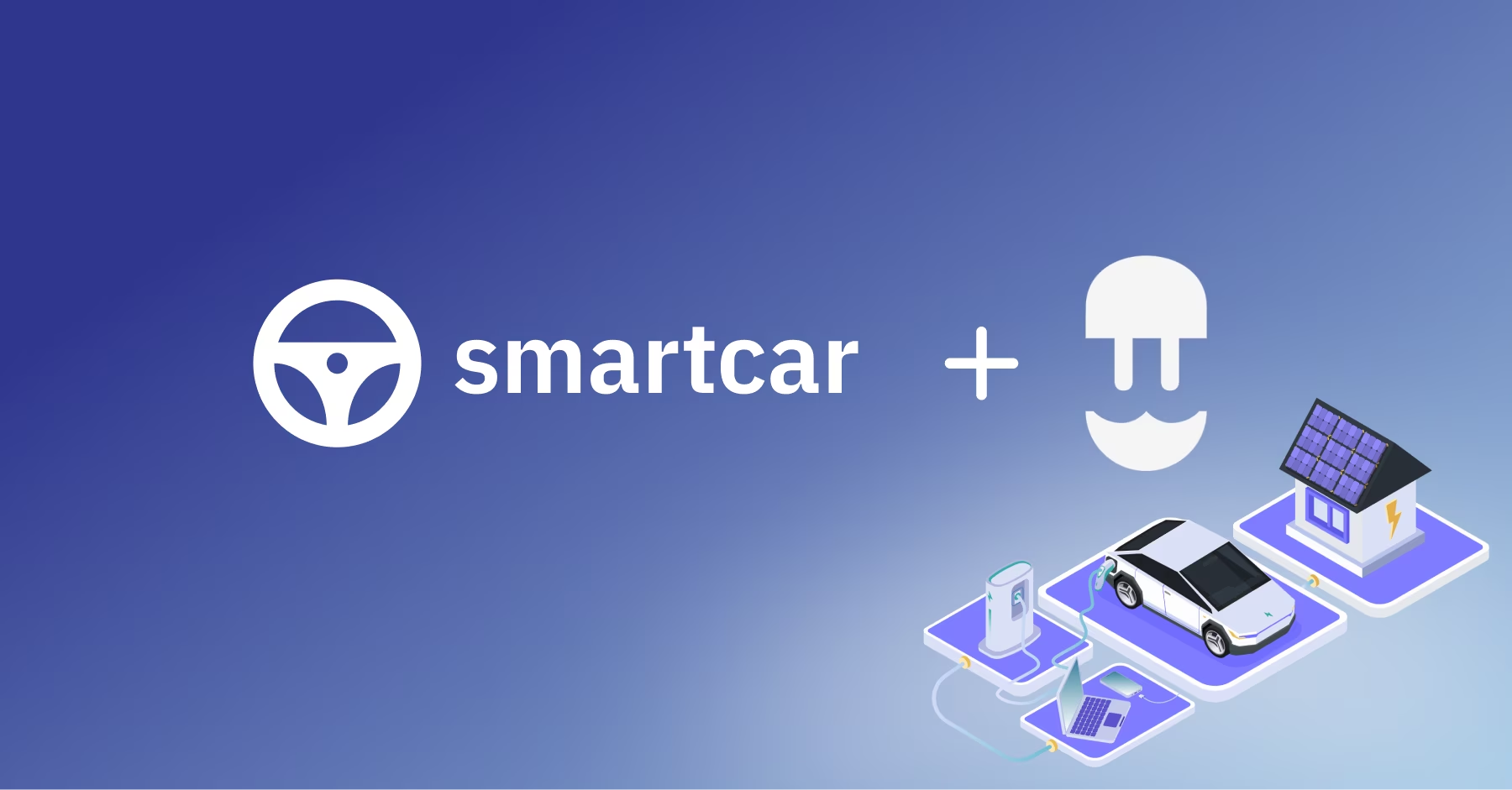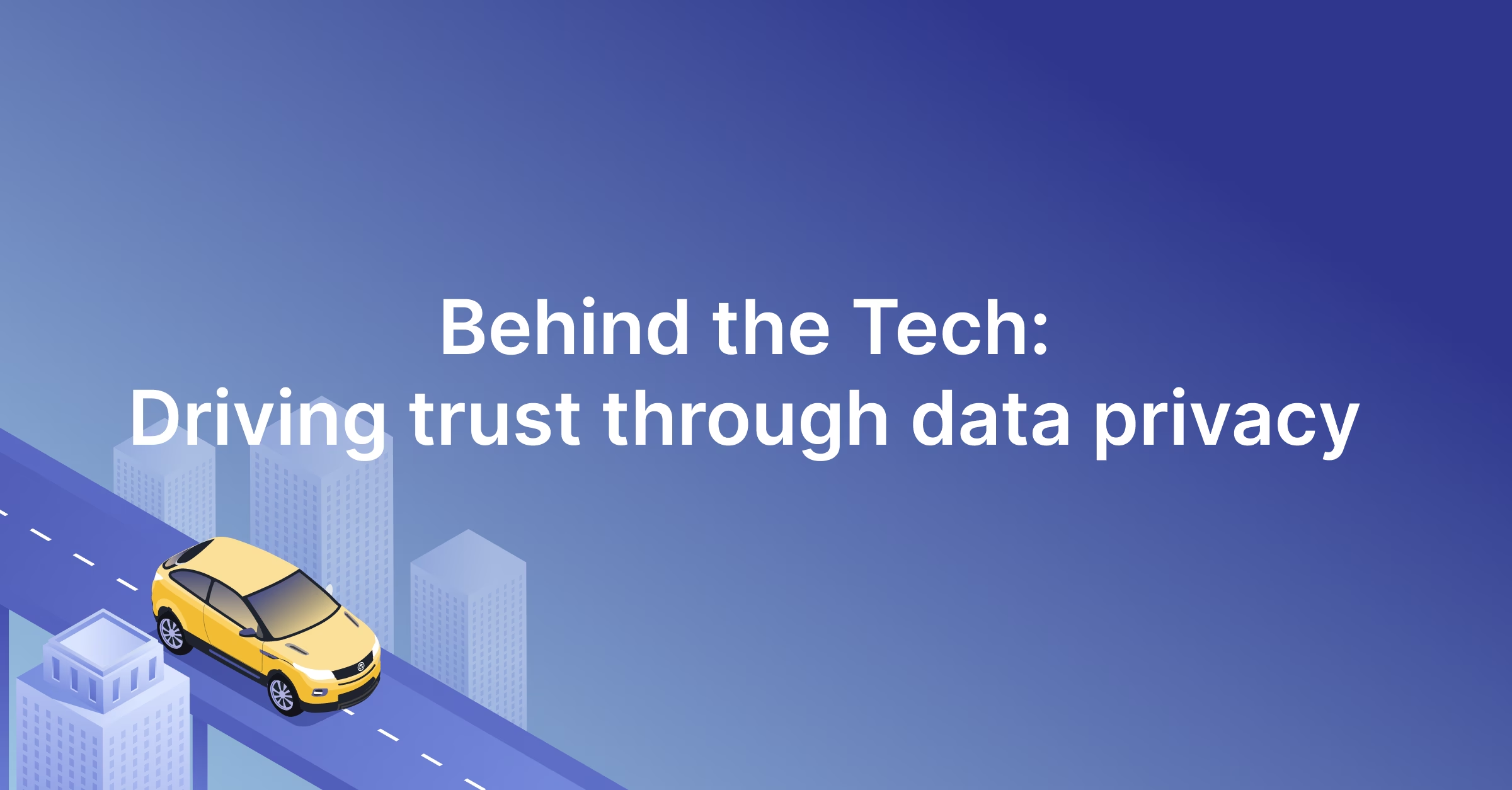Vehicle connectivity is the future of autocare software.
Scratch that.
Vehicle connectivity is the reality of effective autocare software.
In 1994, on-board diagnostics (OBD II) became mandated technology for the auto repair industry to standardize vehicle diagnostics data and get as close as possible to real-time visibility into vehicle performance and issues.
But 1994 is 30 years ago.
Today, 9 out of 10 cars are shipped with built-in internet connectivity. Departments of transportation use vehicle connectivity to collect mileage-based user fees. Energy retailers use vehicle connectivity to manage EV charging loads without spending millions on infrastructure upgrades. Car rental providers use vehicle connectivity to unlock more instant bookings.
Auto care retailers and auto repair shops are no exception.
Vehicle connectivity gives shops more opportunities to act on vehicle data without purchasing and installing after-market hardware devices or relying on historical averages from data aggregators — which isn’t the best source of truth to engage customers with service recommendations, anyway.
Connected cars give autocare retailers access to live data obtained directly from a vehicle's telemetry software. So instead of ever having to ship specialized OBD dongles or manually inspect the device in-store after an issue has occurred, retailers can use vehicle connectivity to proactively alert drivers about upcoming services based on day-to-day vehicle reporting.
Why use a connected car API for your autocare software
In 2017, an article surfaced with a glaring headline.
“The connected car of the future could kill off the local auto repair shop.”
Quartz reported that connected cars equipped automakers with a direct way to expand business opportunities with local dealerships and restrict independent auto care and auto repair shops from accessing that data.
But the connected car ecosystem is changing. For example, automakers like Tesla encourage innovation beyond their native application ecosystem with API integrations that unlock more out-of-car capabilities for the brand.
Fueled by legislation like Right to Repair and consumer pressure surrounding the lack of transparency in how automakers handle vehicle data, the automotive industry is embracing a more open data ecosystem.
To meet evolving expectations, automakers must give vehicle owners the right to own their data, grant specific access to data, and choose who gets access to data. Smartcar's connected car API gives automakers and autocare and repair shops a secure, standardized data integration spearheaded by consumer choice.
How does Smartcar improve the autocare software experience?

A standardized platform for connected car data is essential here for autocare retailers and automakers to securely engage in mutually beneficial data-sharing.
With a Smartcar standardized data platform for independent retailers and after-market service providers, the connected car can fulfill its potential to reduce the cost of vehicle ownership and improve driver safety.
Smartcar’s API helps autocare service providers use vehicle connectivity without the hassle of building and maintaining fragmented partnerships with automakers. Our platform is built on a secure infrastructure designed to help consumers make sense of their data and grant access to the retailers of their choice.
With a single integration that taps into a majority of the connected cars on the road today, autocare retailers can use software to provide:
🎯 Personalized service recommendations
Retailers can use Smartcar’s API to monitor vehicle performance and retrieve data at set time intervals for the most accurate, up-to-date diagnostics. With this data on hand, retailers can engage customers in between shop visits with features like:
- Tailored resources and reminders based on a customer’s vehicle condition and service history tracking.
- Mileage-based triggers or event-based alerts notifying customers about service recommendations.
- Targeted marketing and customer nurture activities to upsell specific products and services based on historical and existing vehicle data.
- Recommendations for nearby shops and available services based on the customer’s vehicle location and condition.
📱Digitized customer service
Software-based access to vehicle data helps autocare retailers build a digitized experience for customers. With APIs, businesses can build applications that centralize customer reports, reminders, resources, and communication with customer service. Retailers can use this digital experience to engage customers regularly, build brand loyalty, and increase referrals. Businesses can use connected car APIs to power features like:
- Adding online appointment bookings as a call-to-action for service reminders and recommendations.
- Automated forecast reports based on a vehicle’s existing and historical diagnostics data, service history, and service suggestions.
- Customer service portals or tools to promptly communicate with technicians and consultants about vehicle issues and service recommendations.
⏳ Streamlined on-the-ground operations
Connected car data equips autocare retailers with accurate and consistent visibility into a customer’s biggest autocare priorities and concerns. Businesses can anticipate and determine customer needs before they call or visit physical shops, freeing up bandwidth that would otherwise be spent reactively checking customers in, diagnosing issues in-store, searching for parts, and managing team availability. Retailers can use telematics to improve productivity and boost shop profits with capabilities like:
- Inventory management workflows based on a customer’s predicted needs for parts.
- Faster contactless check-ins based on a vehicle’s VIN.
- Optimizing schedules and resource availability with more pre-booked appointments and up-to-date visibility into issues before vehicles arrive.
🧰 Roadside assistance integrations
Autocare retailers can build customer loyalty and increase revenue from on-site repairs by integrating roadside assistance into their application experience. Access to live vehicle data allows retailers to implement trigger-based alerts notifying them if a customer encounters issues like a flat tire, dead battery, or overheated engine. Retailers can then swiftly dispatch roadside assistance equipped with basic vehicle diagnostic data for them to address issues correctly as soon as they arrive.
Beyond powering proactive actions, businesses today use Smartcar’s API to help them track down where a customer’s car is and to enable remote lock and unlock capabilities if a driver doesn’t want to wait around for a tow truck.
An example of connected autocare software

Revvo uses the connected car ecosystem to streamline interactions between vehicle owners, tire service retailers, and technicians within an AI-powered platform.
Smartcar’s API allows Revvo to securely pull connected vehicle data like odometer readings, fuel tank and battery levels, and tire pressure. This helps tire retailers and vendors do a few things:
- Reduce overall operating costs: In addition to reducing spending on ordering and shipping OBD-II dongles, retailers can use live vehicle data to proactively manage technician schedules and optimize inventory.
- Drive more shop visits and revenue: Use up-to-date vehicle reporting to help fleets and vehicle owners stay on top of service schedules with tailored event-based reminders — like alerts when tire pressure drops below a certain level.
- Increase customer engagement and satisfaction: Provide vehicle owners with an easy-to-use system for setting up push alerts, scheduling appointments, and receiving service recommendations based on their vehicle’s current and forecasted performance. In the onboarding flow below, you can see how tire retailers use Smartcar’s API to access Revvo’s TireIQ platform. With a seamless API integration across 40 vehicle brands, retailers can promptly engage their customer base with predictive maintenance alerts and nudge them toward nearby shop locations.
Looking for a connected car API for your autocare software?
Here are a few resources to help you make that decision! You can also schedule a meeting with our team to explore incorporating Smartcar into your autocare software.
- Our buyer's guide to connected car platforms (includes a free checklist and sample questions to ask potential data vendors)
- Our Build vs Buy guide for automotive businesses and developers
- Smartcar’s State of Connected Car Apps report exploring driver interest in independent automotive services and applications (Sneak peek: 64% of drivers we surveyed think that external applications provide better telematics features than their automaker’s applications.)




.jpg)

